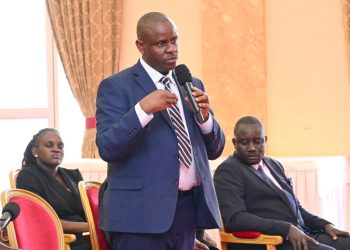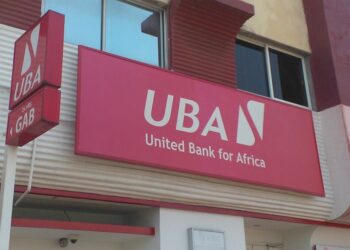Cabinet has approved changes to ease access to Youth Livelihood Programme (YLP) funds, lawmakers sitting on Public Accounts Committee of Parliament heard yesterday.
The YLP is a government programme, targeting the poor and unemployed youth in all the districts in the country.
The programme is implemented under the Ministry of Gender, Labour and Social Development. According to the outgoing permanent secretary ministry, Pius Bigirimana, the new changes approved by cabinet in March are currently awaiting final approval by Parliament.
Bigirimana, with the gender ministry top brass in tow, was at Parliament to answer queries raised by the Auditor General, John Muwanga, in his report for the financial year ending June, 2018.
Among the aforesaid changes, the number of members of groups seeking to access the YLP has been reduced from 15 to five, in order to foster what Bigirimana described as ‘homogeneity’.
Other changes include increase in catchment area for membership to groups seeking the funds from village to parish, allowing groups’ discretion to operate a savings, instead of current account and eliminating the requirement to collect signatures.
“We have already submitted these changes to the Speaker and we hope that it will be a bit easier to access the funds, going forward,”
Bigirimana
MPs heard that so far, sh160.2b has been disbursed to 20,159 projects benefitting 241,799 people. Two years ago, the gender ministry was forced to sanction an investigation into allegations that non-existent groups had tapped into YLP.
In his report, Muwanga noted that some groups had disintegrated upon formation, due to “lack of cohesion, disagreements and absence of common interest.”
“It is true, some groups had disintegrated, but this does not mean that they never existed in the first place,” ,
BIGIRIMANA SAID, IN RESPONSE TO QUERIES FROM COMMITTEE CHAIRPERSON Nandala Mafabi.
At the time of the audit, the recovery rate of the YLP funds was so poor, with some districts like Lira, Luuka, Butambala, Mbale and Apac posting figures below 30%. Districts in western Uganda, particularly Sheema (84%), Bushenyi (72%) and Kiruhura at 59% had the highest YLP recovery rates.
Thus Muwanga, in his report, called for increased Police participation in enforcing recovery of funds meant to be rolled out to other youth groups. However, Bigirimana told MPs that the national recovery average has reached 70% on account of increased sensitisation of the youth about the funds.
For projects that have failed because of ‘natural calamities,’ such as bad weather vagaries or diseases for groups dealing in poultry and animal husbandry, Bigirimana made it explicit that Government is willing to declare such disbursements as bad debts.
Started in the financial year 2013/14, with a projected budget of sh265b over five years, the YLP was conceived to address the soaring unemployment among the youth.































































